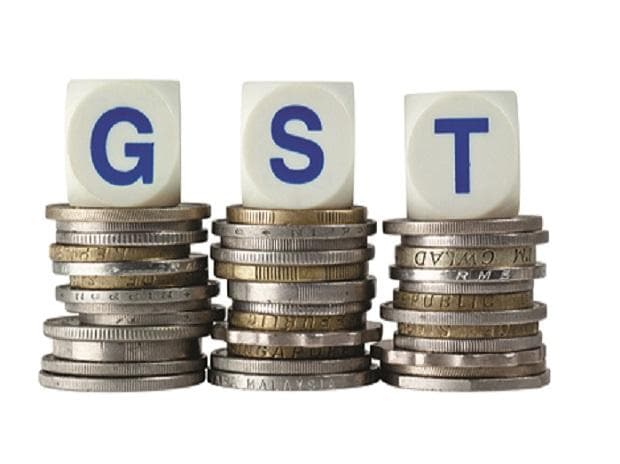Companies have argued against the constitutional validity of arrest provisions under the goods and services tax (GST) laws in their present form in the Supreme Court.
The court took up the matter of arrest provisions and applicability of the Criminal Procedure Code (CrPC) to the Customs Act, GST and the Prevention of Money Laundering Act (PMLA) and other allied laws on Tuesday and arguments continued till Thursday too.
Appearing for companies, Abhishek Rastogi said in the court that the sheer magnitude of GST arrests that are happening in the country raises various concerns.
There are obvious concerns regarding revenue leakage which is understandable, but there are also concerns about whether or not well accepted, judicially tested, fair and proper procedures are being followed during such arrests, Rastogi, partner at Khaitan & Co., said.
"It is therefore imperative for the judiciary to intervene and ensure that fundamental, constitutional rights of citizens are not trampled on, during such arrests. In the absence of specific oversight of CrPC provisions governing GST arrests, Courts must lay down guidelines for officers to follow, in breach of which citizens can approach jurisdictional courts for appropriate relief," he said.
Assessees have questioned whether they can be branded as "accused" even before investigation and whether an offense can be classified as "non-bailable" without following due process of quantification for determining duty alleged to be evaded.
Arrests therefore cannot precede the process of determination of liability during adjudication process, they said.
The Section 69 of the Central GST Act empowers the GST commissioners to arrest a person if he has “reasons to believe” that the person has claimed fraudulent ITC. Commissioners can order up to five years of arrest of a person who he has reasons to believe is engaged in fraudulent claims.
"Arrest can only follow post-quantification of offense under due process. Provisions were argued especially in light of the phrase "reasons to believe" used in Section 69 of the CGST Act which in the cases before the Supreme Court were conspicuously absent in the Summons Notices or Arrest Warrants issued, " Rastogi said.
The court heard arguments on the concept of 'supply' and 'deemed supply' in respect of such offenses which is the basic assumption behind the arrests made.
The section 16 of the CGST Act, which deals with ITC, clearly said that movement of goods is not necessary for the supply of goods. This is clearly mentioned in the explanation to section 16 (2) of the CGST Act, Rastogi said.
The explanation says, "For the purposes of this clause, it shall be deemed that the registered person has received the goods where the goods are delivered by the supplier to a recipient or any other person on the direction of such registered person, whether acting as an agent or otherwise, before or during movement of goods, either by way of transfer of documents of title to goods or otherwise."
For instance, if the goods are lying in Kolkata and a company in Mumbai asks a dealer in Delhi to supply the goods to him, the goods may not leave Kolkata but the supply would happen if the person gives money to the dealer and gets invoices. If that is not the case, one should not charge even GST on output, but that is not happening, Rastogi said.
 Dear Reader,
Dear Reader,
Business Standard has always strived hard to provide up-to-date information and commentary on developments that are of interest to you and have wider political and economic implications for the country and the world. Your encouragement and constant feedback on how to improve our offering have only made our resolve and commitment to these ideals stronger. Even during these difficult times arising out of Covid-19, we continue to remain committed to keeping you informed and updated with credible news, authoritative views and incisive commentary on topical issues of relevance.
We, however, have a request.
As we battle the economic impact of the pandemic, we need your support even more, so that we can continue to offer you more quality content. Our subscription model has seen an encouraging response from many of you, who have subscribed to our online content. More subscription to our online content can only help us achieve the goals of offering you even better and more relevant content. We believe in free, fair and credible journalism. Your support through more subscriptions can help us practise the journalism to which we are committed.
Support quality journalism and subscribe to Business Standard.
Digital Editor

RECOMMENDED FOR YOU